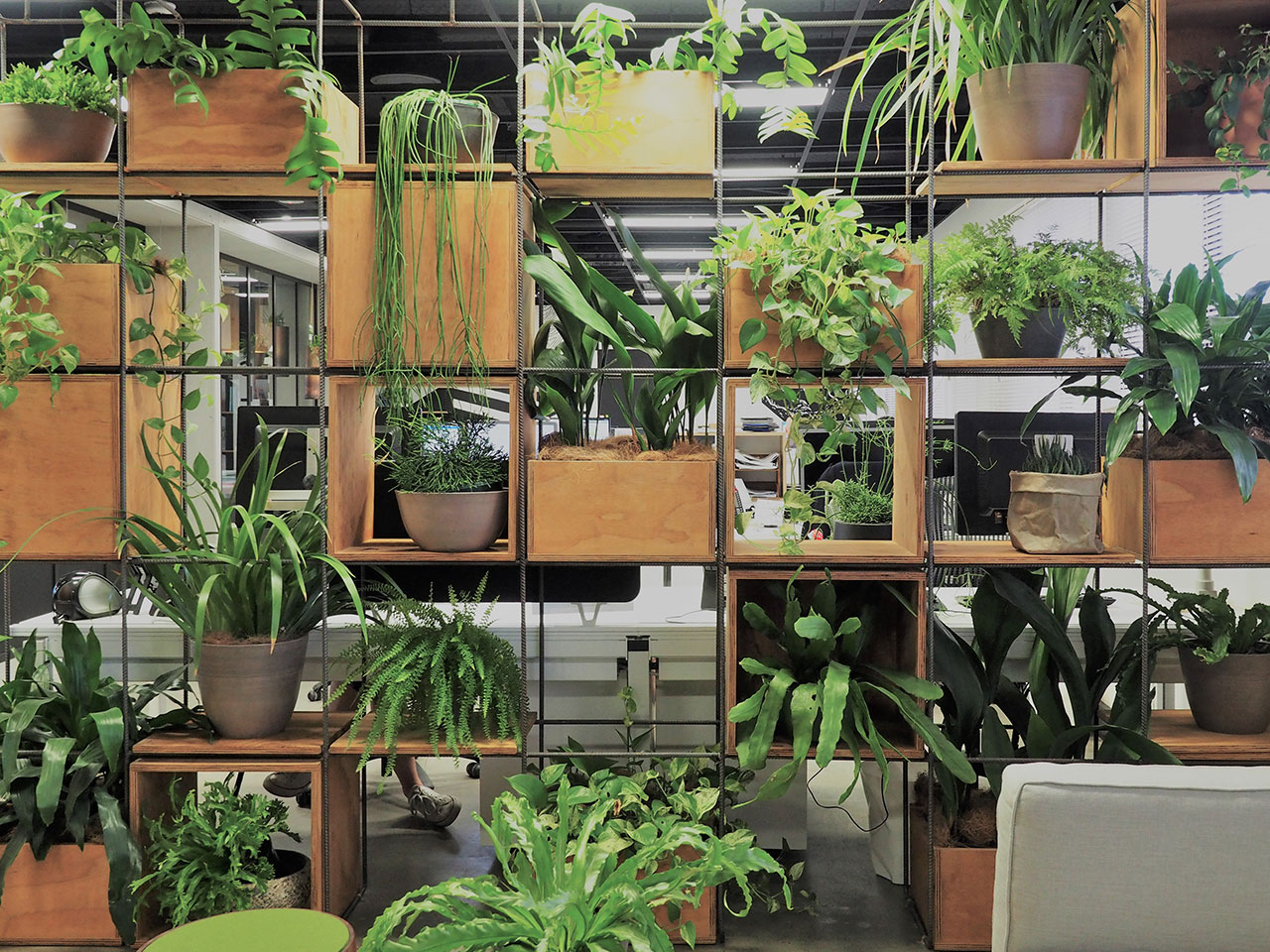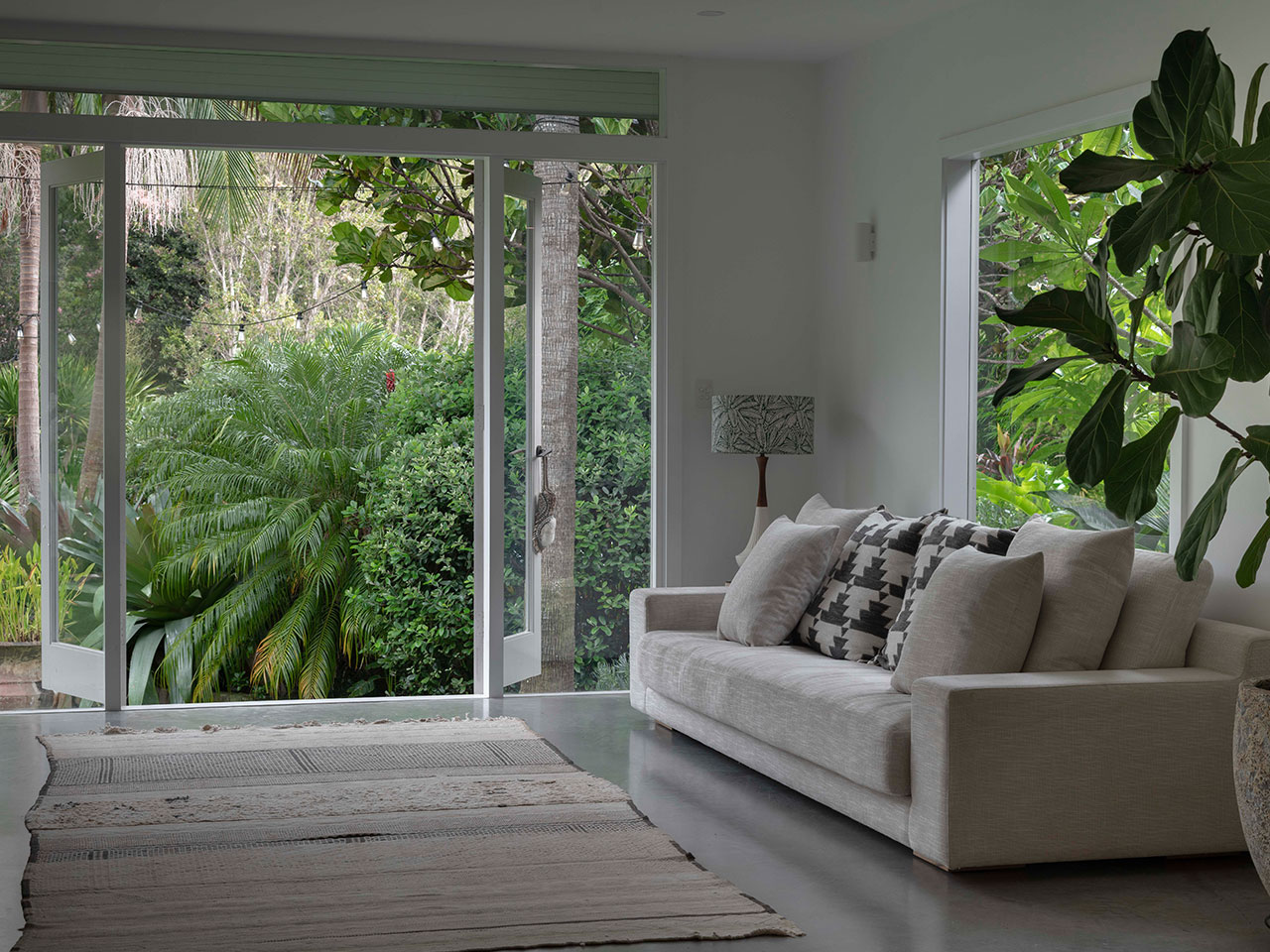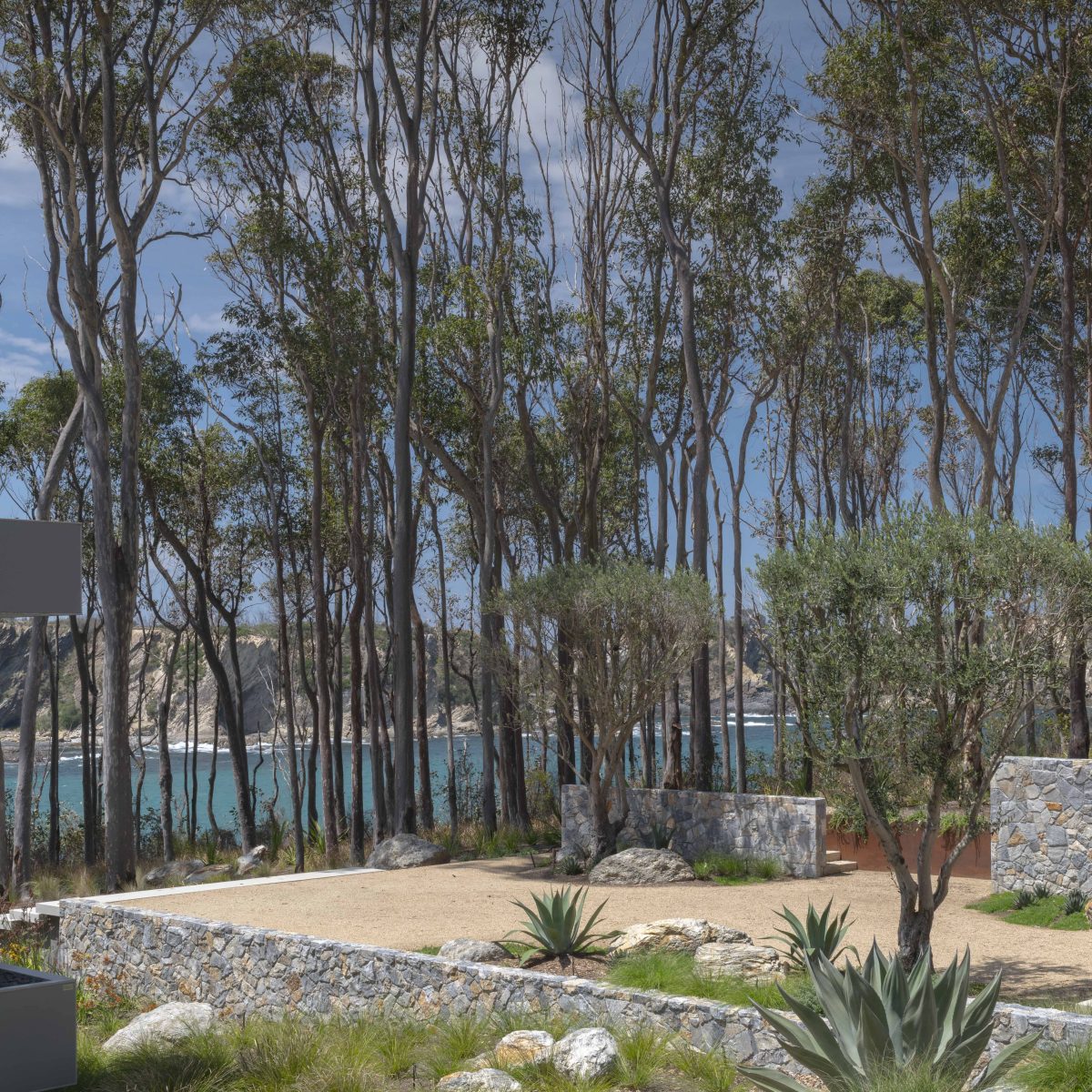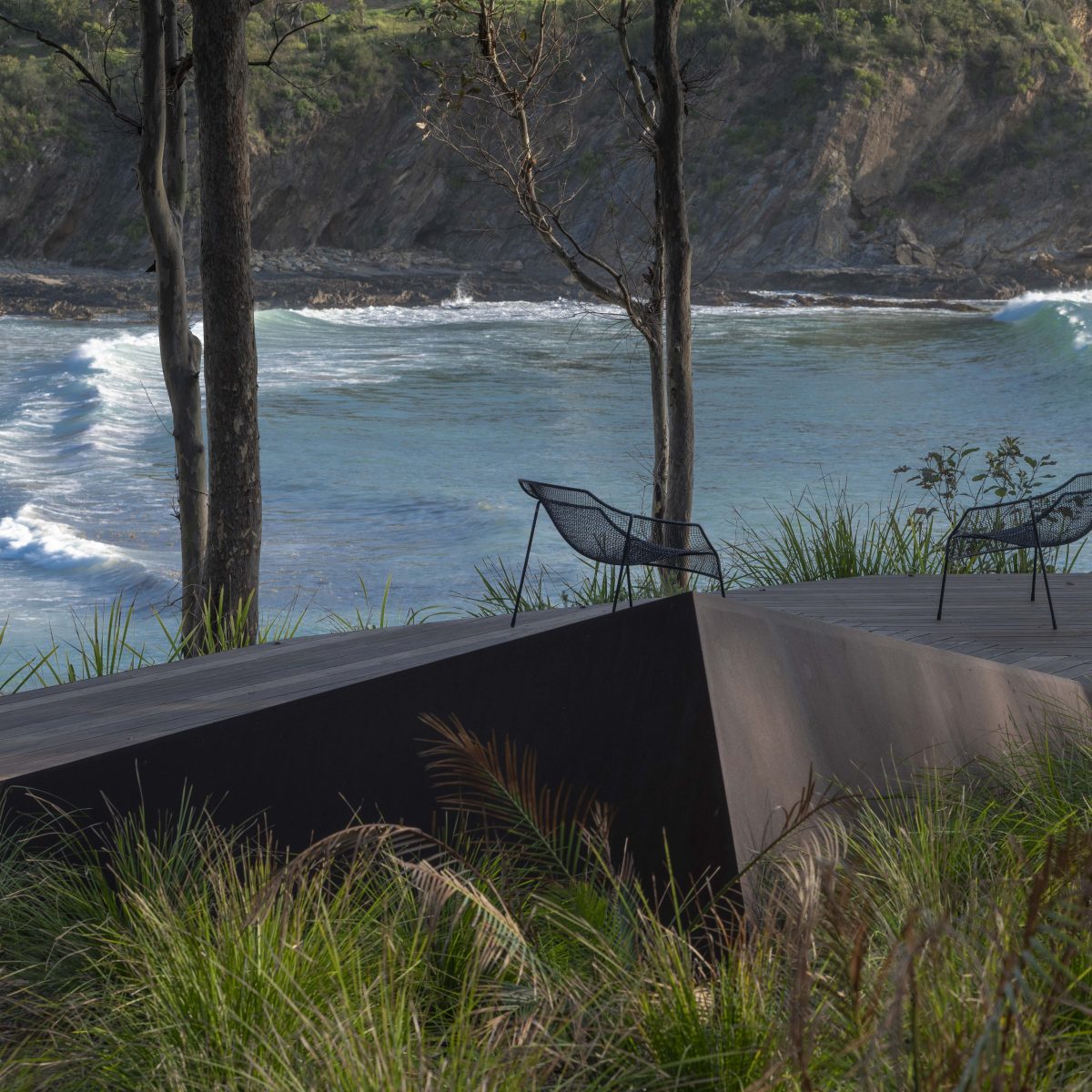At a grassroots level, Secret Gardens landscape architect Nicole says the need is obvious. “A lot of us work in environments where we are always looking at screens,” she says. “It’s so important for us to realise that there is more to life than work and to connect back to nature.”
“A lot of us work in environments where we are always looking at screens,” she says. “It’s so important for us to realise that there is more to life than work and to connect back to nature.”
Indeed, studies conducted as far back as the 1980s examining the link between recovery rates of patients with and without a view of nature reveal the positive power of a connection to the environment. And work this century has confirmed what many of us already know – that an experience of nature can reduce stress and improve levels of concentration and alertness in work settings.
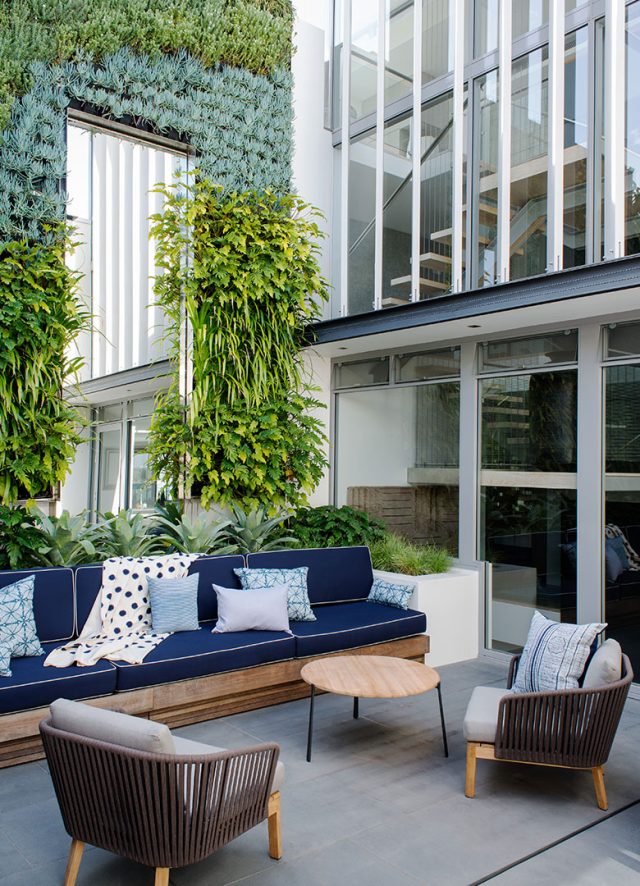
But while Sydney is interwoven with national parks, reserves and beautiful beaches, not everyone has access to parks and bushland, nor the time to explore them. But with a little planning, you can still reap the benefits that nature provides in your own green space, says Nicole.
“As landscape architects and designers, it’s important for us to incorporate natural stimuli in the garden,” she says. “Even if you don’t have a garden, having green walls and office vegetation with plants is an opportunity for you to take care of the environment.”
For those who spend the best part of their day in front of a screen, introducing indoor plants into your space is an obvious place to start. First time ‘plant parents’ might prefer to stick to hardy species like Devil’s Ivy, Peace Lily or Snake Plant that need minimal attention but you can take a more interactive approach if you choose.
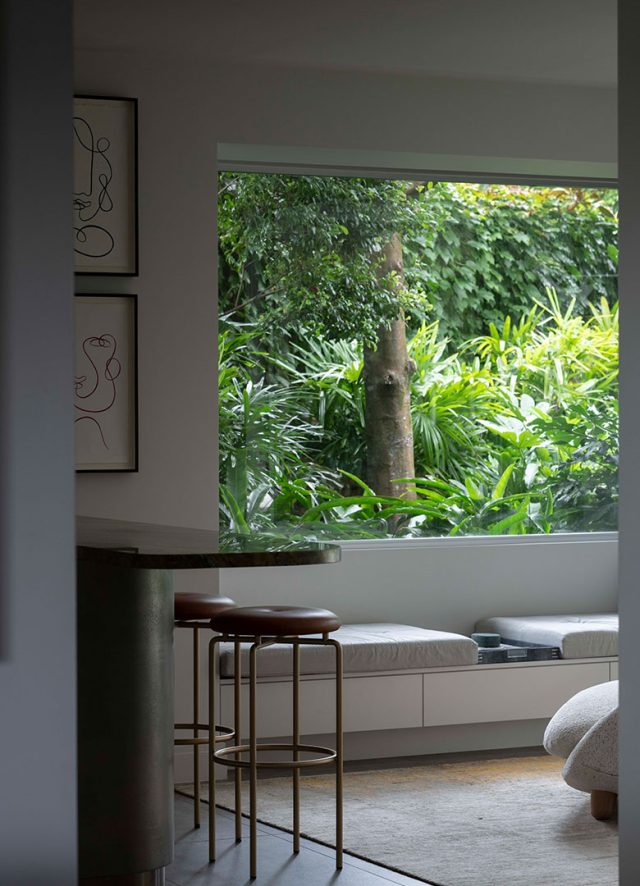
“People are more inclined to cook when they have grown their own herbs,” she says. “There’s something special about being able to see the process through from planting seed to sitting down to eat.”
Micro herbs are a popular choice for windowsill herb gardens but parsley, chives and basil also do well.
In terms of maintaining focus and a sense of wellbeing throughout your day, anything that draws the outdoors in is a plus. Placing your workspace in view of the garden, particularly if you can experience natural air flow will improve your mental stimulation.
“You are inside a lot so even having that little perspective on nature outside is important,” says Nicole.
If you’re considering a renovation, blurring the lines between indoor and outdoor living spaces will pay dividends for the whole family. While many of us focus on setting the scene in the garden, consider all the senses, such as the sound of the wind through the trees, the movement of shadows from overhead branches throughout the day and the scent of flowering plants.
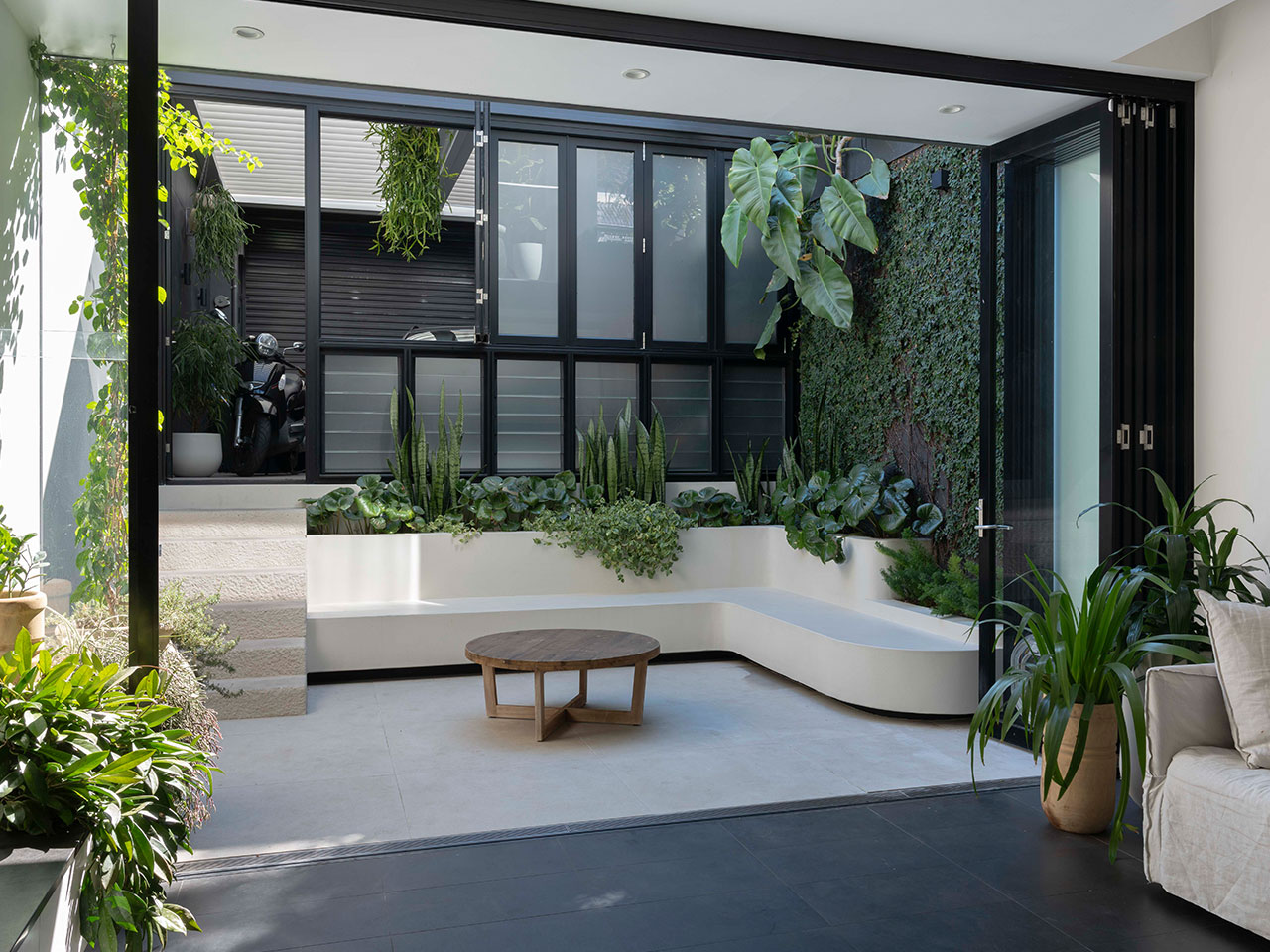
And when all else fails, Nicole says a change of scenery can be a wonderful tonic.
“If ever I am in a rut, going out for a walk helps,” she says. “I don’t listen to music but I do listen to the sound of leaves crunching under my feet and the wind in the trees.
“It’s definitely something I look forward to.”
Back to nature
- View to a thrill. Make your WFH space refreshing and stimulating by positioning your desk near a window with a view to the garden. Studies have shown a view of nature while you work will improve focus and productivity.
- Use common senses. It’s not all about the visuals. The sound of water, birdsong or the wind in the trees will connect you to the natural world even while you’re inside.
- A potted approach. Even if you don’t have a garden, you can become a ‘plant parent’. Grow your own herbs and veg in large pots on your balcony or indulge in low maintenance indoor plants like Devil’s Ivy and Peace Lily.
- Blur the lines. Repeating materials is another way to bring the outside in. Use continuous flooring from indoor to outdoor spaces and natural materials such as grained timber or marble to bring the natural world into the heart of your home.
- Don’t ditch the trees. For major renovations, think twice before removing a tree on your block that might be ‘in the way’. There could be an opportunity to incorporate it into the architecture to create something extraordinary.
